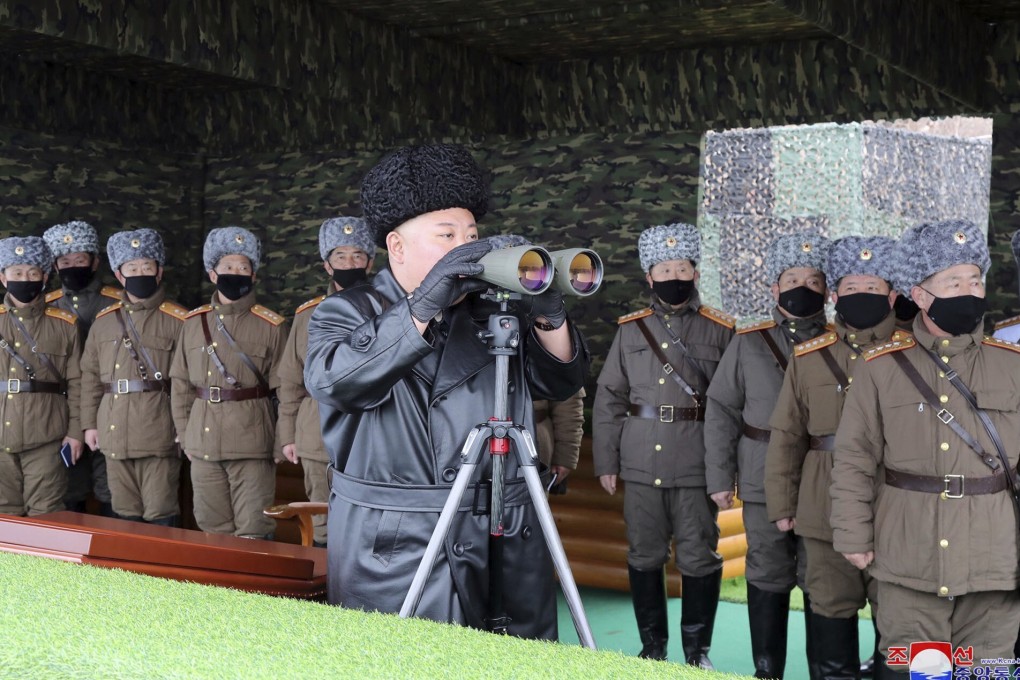Advertisement
Is North Korea really coronavirus-free? Defectors, experts question zero Covid-19 claim
- Experts say the country’s reluctance to admit major outbreaks of disease means that Kim is likely handling the current pandemic in the same manner
- Defectors said that workers didn’t have test kits when they dealt with past outbreaks and weren’t even asked to confirm cases to the central government
Reading Time:4 minutes
Why you can trust SCMP

As a doctor in North Korea during the Sars outbreak and flu pandemic, Choi Jung-hun did not have much more than a thermometer to decide who should be quarantined.
Barely paid, with no test kits and working with antiquated equipment, if anything, he and his fellow doctors in the northeastern city of Chongjin were often unable to determine who had the disease, even after patients died, said Choi, who fled to South Korea in 2012.
Local health officials weren’t asked to confirm cases or submit them to the central government in Pyongyang, Choi said.
Advertisement
Experts say North Korea’s reluctance to admit major outbreaks of disease, its wrecked medical infrastructure and its extreme sensitivity to any potential threat to Kim Jong-un’s authoritarian rule means that Pyongyang is likely handling the current coronavirus pandemic in the same manner.
This has led to widespread scepticism over the nation’s claim to have zero infections.
Advertisement
“It’s a lie,” Choi, 45, said. “Year after year, and in every season, diverse infectious diseases repeatedly occur but North Korea says there isn’t any outbreak.”
Advertisement
Select Voice
Choose your listening speed
Get through articles 2x faster
1.25x
250 WPM
Slow
Average
Fast
1.25x